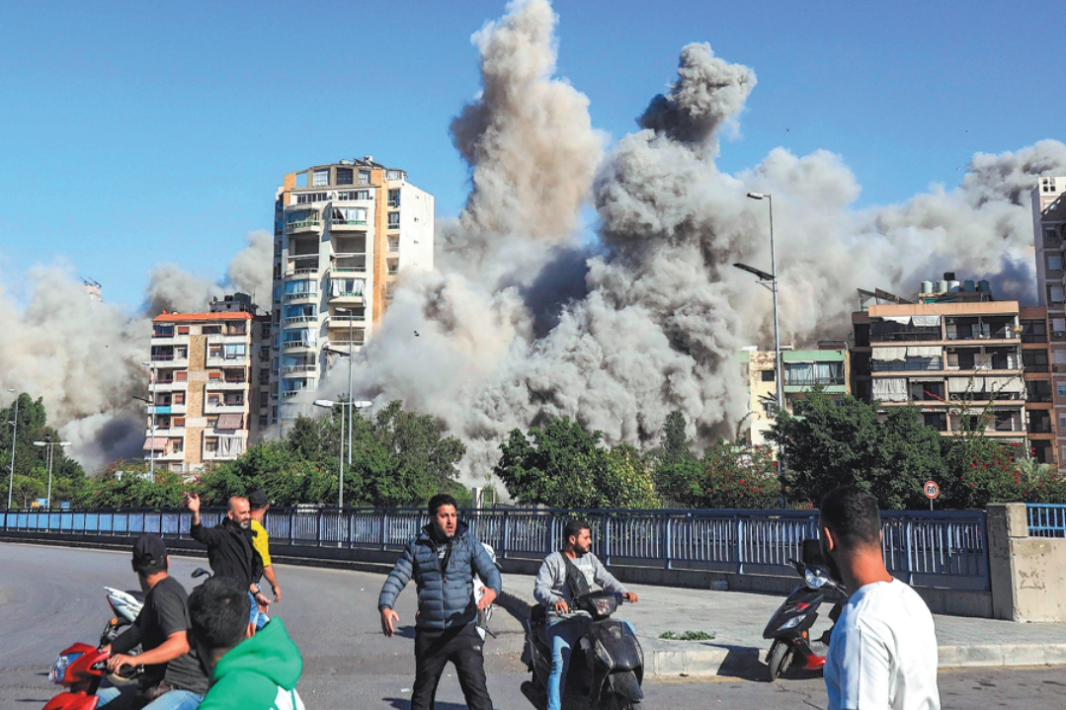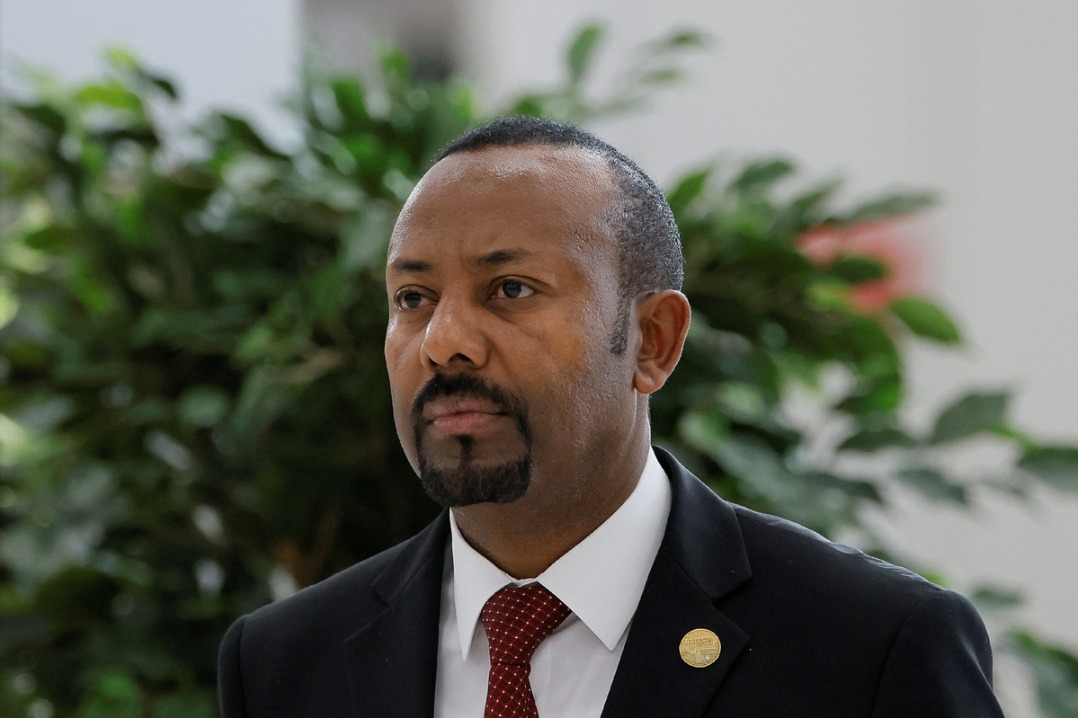5 shot dead as anti-tax hike protests spread in Kenya


NAIROBI -- At least five protesters were shot dead and more than 150 others injured in Kenya on Tuesday as protests erupted countrywide for the second week in a row against new taxation measures proposed by President William Ruto's administration.
The protesters, in their hundreds, gathered in various towns across the country, including the capital Nairobi.
In Nairobi, at least four protesters were killed as they stormed parliament buildings, a few hours after the lawmakers passed a contentious law that seeks to raise taxes, while the first person was shot on the streets in the capital.
The protesters breached the heavily guarded premises at about 3.00 pm local time to enter both the National Assembly and the Senate. A section of the building was set ablaze by the angry protesters, many of whom were chanting anti-government slogans.
"They said we would not get into parliament but here we are. The people have power," shouted a protester inside the National Assembly.
The lawmakers on Tuesday morning passed the finance bill 2024 seeking to raise an additional 346.7 billion shillings ($2.67 billion), by such measures as increasing the railway development levy from 1.5 percent to 2.5 percent, and the import declaration fee from 2.5 percent to 3.5 percent.
Legislators also imposed an eco-levy on imported items like smartphones and electronics, noting they end up as electronic waste damaging the environment.
Ruto, who won the elections in August 2022 on a platform of helping the poor, has been under pressure to raise additional revenues amid rising government debt repayments.
The finance bill was thus amended to remove the proposed 16 percent VAT on bread, transportation of sugar, financial services, and foreign exchange transactions, as well as the 2.5 percent motor vehicle tax.
There will be no increase in mobile money transfer fees, and excise duty on vegetable oil has been removed. And levies on the housing fund and the proposed one on social health insurance will not attract income tax.
Besides the parliament, protesters in Nairobi also raided the City County Government, vandalising property and setting ablaze some offices.
The protests in the capital brought business to a standstill, with all the shops in the central business district remaining shut.
Public transport was disrupted across Nairobi, with many operators of commuter buses grounding their vehicles.
"We have cancelled all our trips today for fear of our own safety. We have grounded all our vehicles," Joy Alecky, a manager with Super Metro Sacco, told commuters.
The grounding of vehicles left hundreds of office workers stranded, with many of them opting to walk for kilometers away from the central business district to try and get vehicles home.
"I walked from Kenyatta National Hospital to Nyayo Stadium at about 3.00 pm, some 7 km away to get a vehicle to Kitengela. We have paid 1.5 dollars, double the normal fare," Evan Mukane told Xinhua.
In Nyeri, besides marching on the streets of the town chanting anti-tax slogans, protesters stormed a retail outlet looting goods.
A similar incident was reported in Eldoret, the president's political bedrock, where hundreds of protesters turned up on the streets asking the government to withdraw the new taxation measures. Similar scenes were witnessed in several other towns.
On Monday, the government permitted the protests to go on, but warned that it would not hesitate to take action in case they become violent.
"The government undertakes that it respects, upholds, promotes and fulfils the inalienable constitutional right of every person to peacefully assemble, picket and present petitions to authorities," Interior and National Administration Cabinet Secretary Kithure Kindiki said.
Kindiki asked protesters to respect non-protesters and those who hold contrary views and end the demonstrations by 6.30 pm, adding that the government would not entertain lawlessness.
In bid to dissuade public anger, Ruto announced last week that his government had dropped some tax proposals after listening to citizens' views.
Ruto argued that the tough decisions he has so far adopted have yielded fruits, citing the drop in inflation from 9 percent in 2022 to 5.1 percent in May and the strengthening of the shilling against the dollar.
The government is working on achieving a balanced budget in the next three years, he stressed, adding that this will reduce borrowing and ensure that the country lives within its means.

































